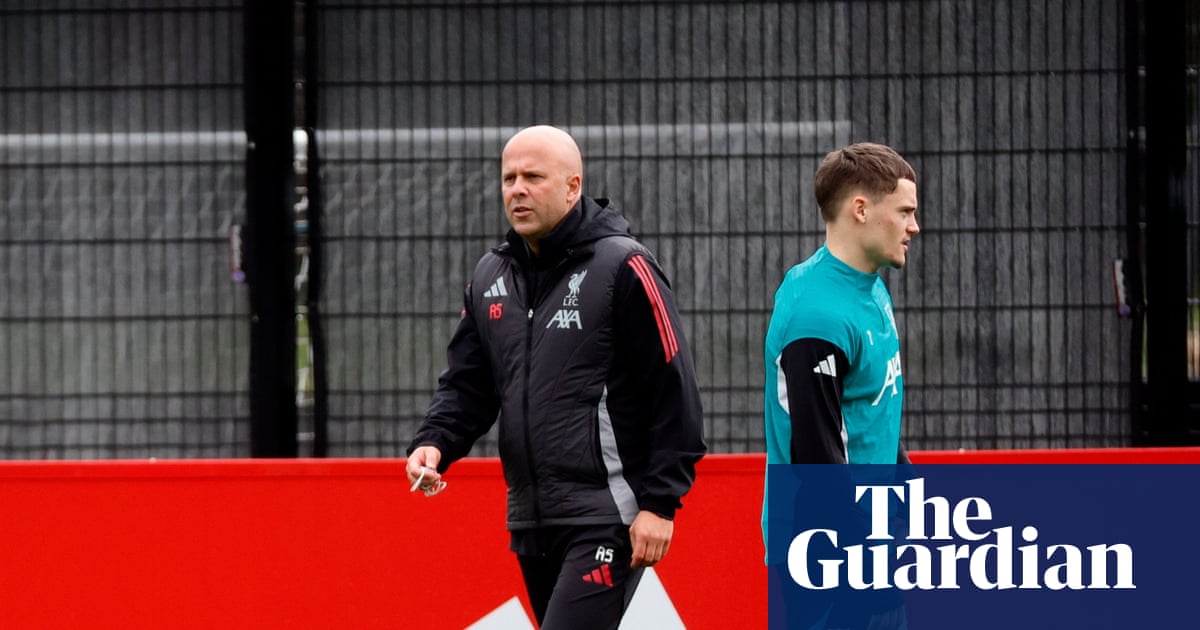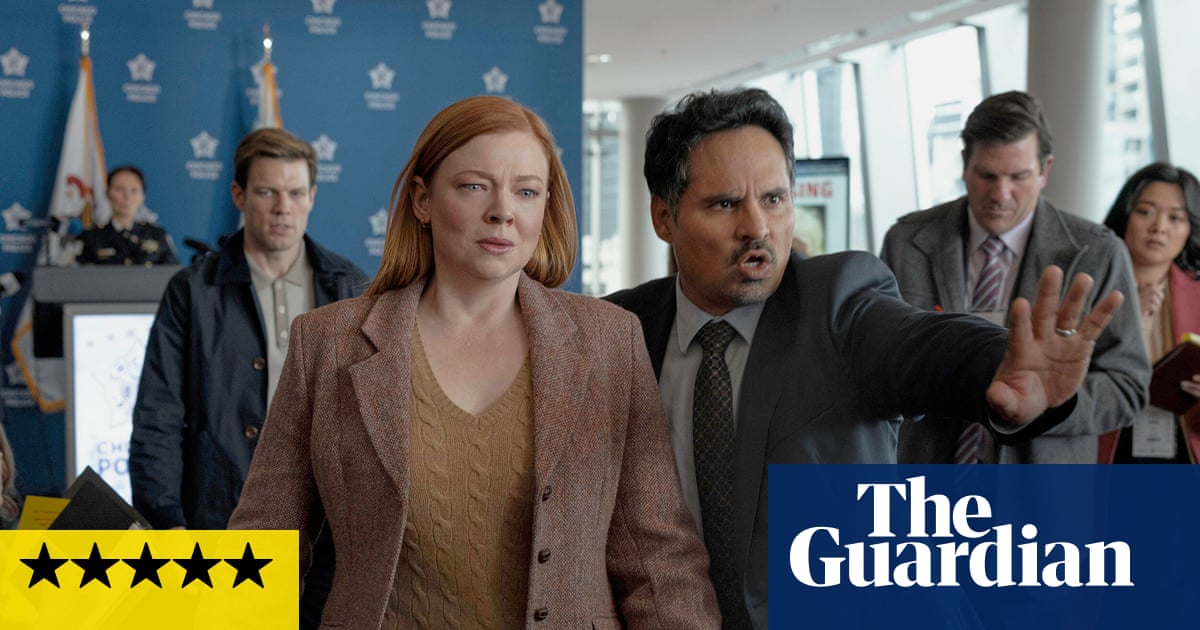“Let’s hope it’s got a happy ending,” Herman Blume, played by Bill Murray in one of his best roles, says near the end of Wes Anderson’s 1998 film Rushmore. He makes the remark about an over-the-top, literally pyrotechnic school play that his teenage friend Max Fischer (Jason Schwartzman) has just debuted to an audience of dazed teachers and parents. But his comment stands in for the whole movie, an audacious and risky comedy that should not work, but does. I am elated each time I watch this poignant, wise and wildly funny film – and, yes, there is a happy ending.
Rushmore is about children trying to act like adults and adults acting like children. Fischer is a precocious scholarship student at Rushmore, a prestigious private boys’ school. He is the sort of bright but naive young person who tries to impress an adult by telling them, with a straight face, that he plans to apply to Oxford and the Sorbonne for university, with Harvard as a “safety.” In fact, Fischer spends more time planning lavish plays and starting school clubs than studying. He is one of the school’s “worst students,” his headmaster (Brian Cox) sighs.
One day Fischer meets Blume, a local industrialist whose sons are students at Rushmore. Blume is a self-hating rich man – his loathing of his boorish, silver-spoon-fed sons is one of the film’s many funny running jokes – and he takes a shine to the scrappy Fischer. Despite their difference in age, the two develop a sincere and surprisingly equal friendship.
A wrench is thrown into their bromance when Fischer meets Rosemary Cross (Olivia Williams), a new teacher at Rushmore and a recent widow, and develops a powerful crush. In addition to the obvious hurdles – he is a child, and she is not interested – his friend Blume becomes smitten, as well. (Talking to Fischer by cellphone, Blume tries to talk him out of his crush on Rosemary. “I mean, she’s not that beautiful. She’s not that intriguing,” he argues, as the camera pans to reveal that he is spying on her through a classroom window.) The two friends spiral into an infantile battle for Rosemary’s attention – without, in classic male fashion, having given much thought to her feelings.
A love triangle (sort of) between two adults and a teenager is an odd, even uncomfortable, premise for a movie. Rushmore’s protagonist, Fischer, is also frankly a bad person: a shameless operator who manipulates people, subjects the exasperated Rosemary to grand and misguided romantic gestures, and acts ruthlessly to realize his overambitious projects. (Perhaps Anderson is trying to tell us something about auteur filmmakers?) There’s a version of Rushmore that reads like Fatal Attraction; it is a testament to the film’s intelligence that it instead bubbles over with charm, warmth, and emotional observation.
I first watched Rushmore in high school, when I was old enough to appreciate the movie but not really to fully understand it. It was recommended by a friend who had a touch of Fischer to him, and perhaps saw a touch in me, too. Watching the movie, I had a strange shock of recognition: not just “Where has this been all my life?” but “How is it that some people I’ve never met made something perfectly tailored to my sensibilities?” Of course, a good film offers more, not less, each time you watch it. I’ve come back to Rushmore again and again, and each time I catch things – jokes, call-backs, themes, smart symmetries and flourishes – that I hadn’t noticed before.
The film is the best of Anderson’s quirky vision, without an overindulgence in the aspects of his style that can be grating or “twee,” to cite a common criticism. One reason may be the contribution of the actor Owen Wilson, who co-wrote Anderson’s first three films (including another fan favorite, The Royal Tenenbaums). I suspect he balanced Anderson’s whimsy with a certain groundedness and emotionality. Rushmore is stamped with the famous Anderson aesthetic, but its characters and story also have a realness that his more recent work sometimes lacks.
As entertainment, the film gives me sheer pleasure. Yet it is also a profoundly shrewd study of relationships, ego, and growing up, whose emotional maturity is all the more impressive given that Anderson and Wilson started writing it when they were still in their twenties. And the film’s iconic soundtrack of British Invasion pop-rock is perfectly chosen, none more so than in the final scene. As characters dance sweetly to Faces’ Ooh La La, the lyrics offer a summation: “I wish that I knew what I know now … When I was younger.”
-
Rushmore is available on Hoopla in the US or to rent digitally in the UK and Australia

 3 months ago
78
3 months ago
78

















































